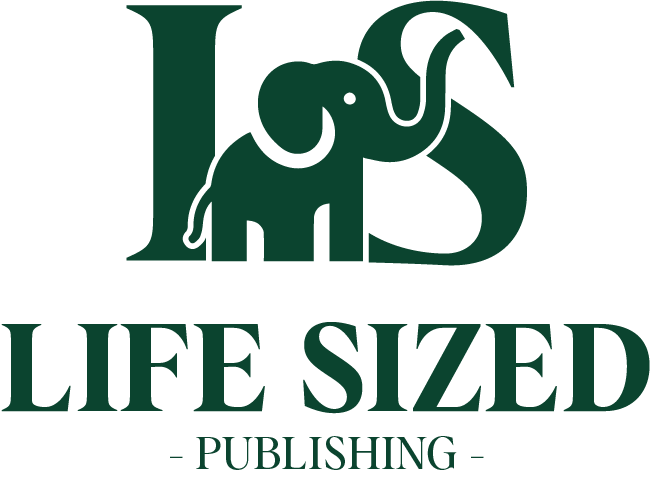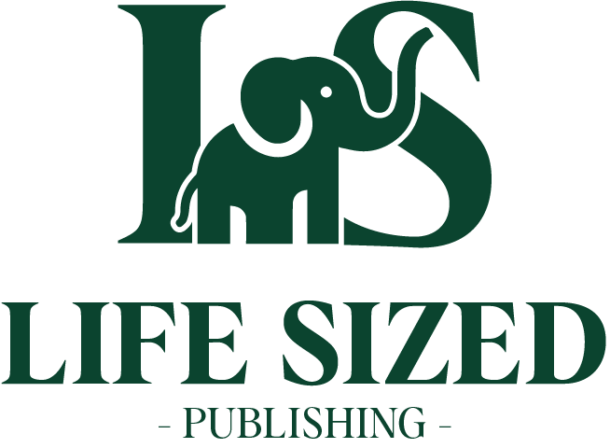In the ever-changing landscape of literature, one key factor often overlooked in the quest for storytelling success is the length of a book. While some may argue that brevity is the soul of wit, recent studies have shown that the most impactful stories are often found within the pages of longer works.
The correlation between book length and storytelling success is a complex one, weaving together elements of pacing, character development, and thematic depth. As readers immerse themselves in a sprawling epic or a dense tome, we are able to forge a deeper connection with the narrative, allowing the story to unfold in all its intricacies and nuances.
While a succinct novella may pack a powerful punch, there is something undeniably mesmerizing about getting lost in the pages of a weighty novel, losing oneself in a world rich with detail and emotion. So the next time you pick up a book, consider the length as a crucial factor in unlocking the full potential of storytelling success.
Importance of book length
Finding the right balance to keep readers engaged in the story is crucial. It’s important not to overwhelm them. The ideal length of a book will vary depending on the genre and target audience. Quality should always be the top priority, regardless of the length of the book. A well-crafted story that resonates with readers is what makes a book memorable. By understanding the significance of book length, authors can create compelling stories that entertain and motivate their audience.
Impact on reader engagement
The length of a book can greatly affect how engaged and satisfied readers are. A well-paced story can hold readers’ attention, while a slow-paced one may make them lose interest. Authors need to find the right balance between brevity and depth for a memorable reading experience.

Finding the ideal length
Finding the right balance between brevity and depth is essential for engaging readers. Shorter books may be more appealing in today’s fast-paced world, while longer works can provide a more immersive experience. The length of a book should also consider its genre. Different genres have varying reader expectations. Epic fantasies or historical fiction novels are usually longer to fully develop plots and characters, while genres like young adult or mystery tend to be shorter to maintain a brisk pace. Understanding genre norms can help authors determine the best length to connect with their audience.
Genre considerations
Incorporating regular exercise into your routine has many benefits. It can improve your health, reduce stress, boost your mood, and increase your energy levels. Finding an exercise you enjoy, like running, yoga, weightlifting, or cycling, can help you stick with your routine. Remember to listen to your body and consult a healthcare professional before starting a new exercise program.
Quality over quantity
According to Writer’s Digest, effective storytelling techniques captivate readers and make a narrative memorable. By mastering elements like pacing and tension, writers can create an immersive experience that resonates with audiences long after they turn the final page.
Experimenting with different techniques and seeking feedback can help authors refine their storytelling skills and deliver a truly impactful narrative.
Bringing Your Life Story to Life: Determining the Length of Your Book with Life Sized
Have you ever wanted to see your life story on the shelves of bookstores everywhere? At Life Sized, we make that dream a reality. Our team of expert writers and publishers will work with you to create a compelling and engaging book that captures the essence of your life’s journey.
But one of the most common questions we get from our clients is: how long should my book be? The answer is not always clear cut. Some stories can be told in a concise 200-page novel, while others may require a more extensive 500-page tome.
Ultimately, the length of your book should be determined by the depth and complexity of your experiences. So whether you’re looking to write a quick memoir or an epic autobiography, Life Sized is here to help you every step of the way.
Closing Remarks
Navigating the waters of book length can be a daunting task for any writer. Should you strive for brevity, tempting readers with quick doses of information and insight? Or should you lean into the epic, weaving a tapestry of words that envelops your audience in a rich and captivating narrative? The answer, of course, is neither and both.
The ideal length of a book is as elusive as it is essential, a delicate balance that must be struck between conciseness and expansiveness. Some argue that shorter books are more likely to be consumed in one sitting, capturing the reader’s attention with their compactness and efficiency.
Others believe that longer books offer a deeper and more immersive experience, allowing the story to unfold at a more deliberate pace. Ultimately, the length of a book should be determined by the demands of the story itself.
After all, some tales are best told in a single breath, a fleeting moment of revelation that lingers long after the final page is turned. Others require the space to meander and explore, unveiling layers of complexity and nuance with each turn of the page.
There is no one-size-fits-all answer to the question of book length, only the recognition that each story has its own unique demands and rhythms. So whether your book is a slim volume that leaves readers hungering for more or an epic tome that invites them to lose themselves in its depths, embrace the challenge of finding the perfect balance.
For in the end, it is the power of your words and the strength of your story that will determine the true length of your book.








